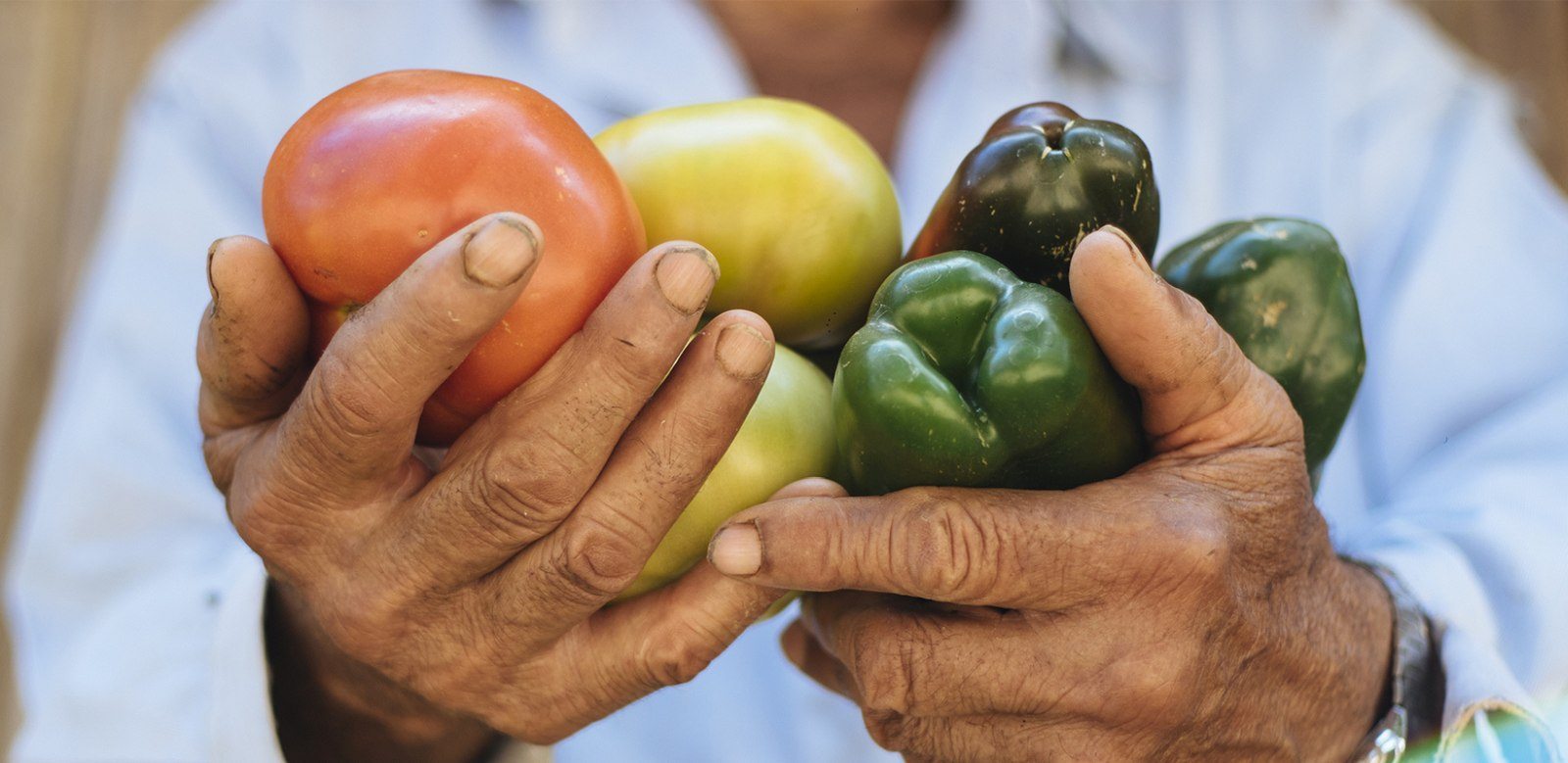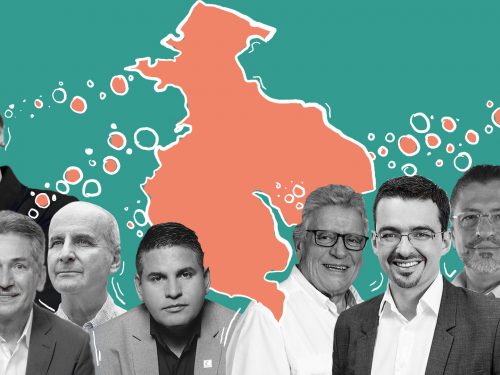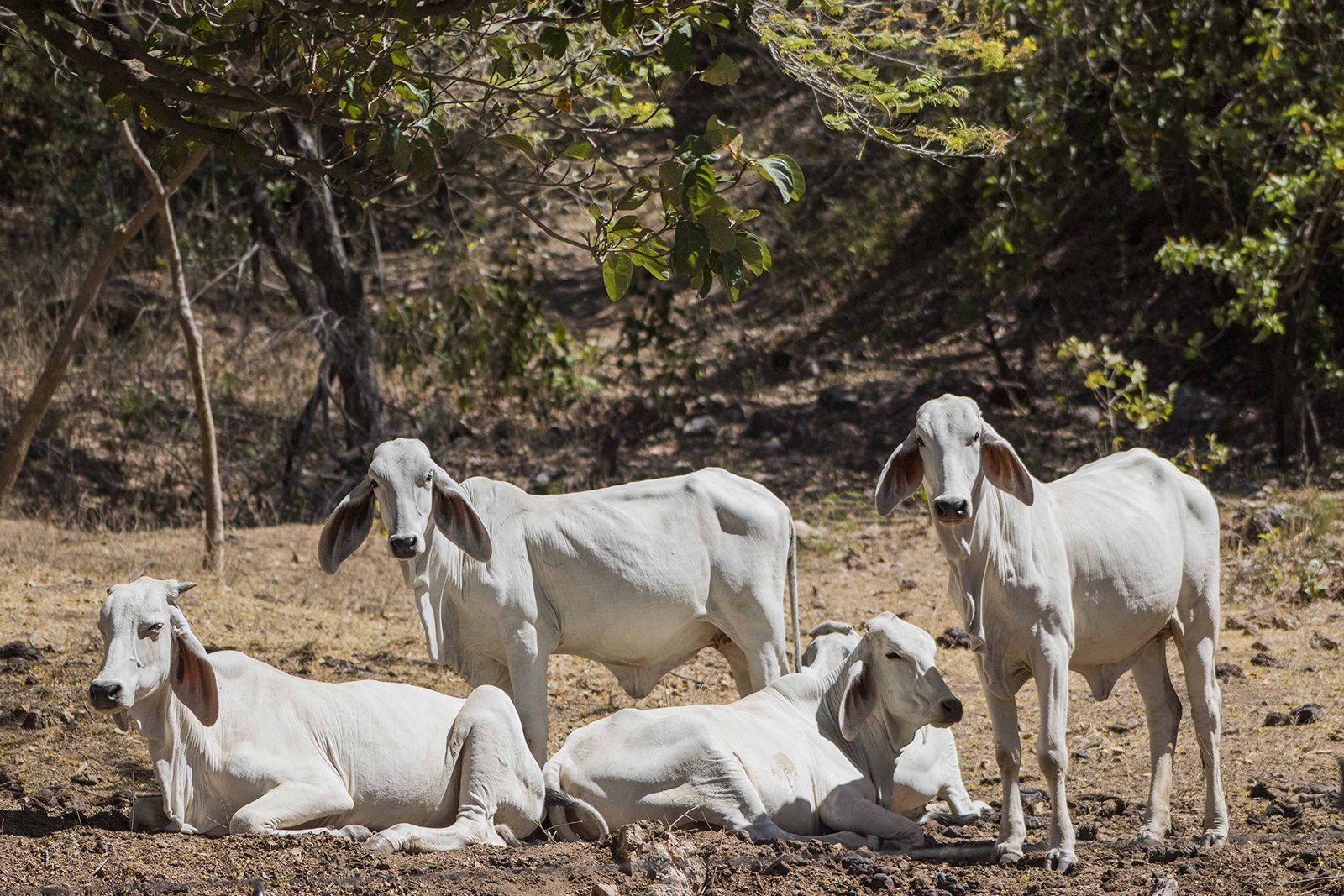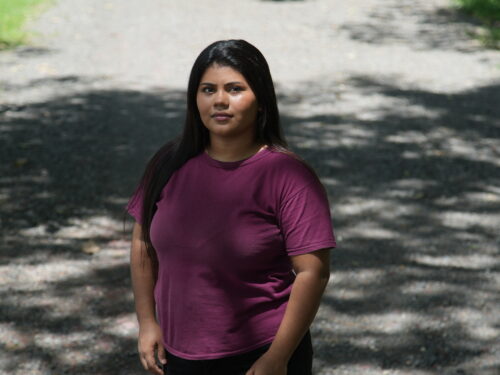
A groups of growers from Santa Cruz got together on February 16th in the heart of their canton to talk about a new trend that might sound hip or strange, but what is in fact a return to our roots: sustainable cuisine.
How do you eat that? You chop up cilantro, make a pesto, and put it on a tortilla. It’s that easy: sustainability is, more than anything else, knowing how to live together. And sustainable cuisine helps us coexist better with that which grows naturally in our gardens, in hedges, and in the neighbor’s farm.
In this edition we’ve started thinking about all the obstacles that Guanacaste has on its path to sustainability. There are many examples of how we did things wrong in the past. As an example we can look at how Tamarindo’s unplanned development pattern has driven leatherback turtles from its beaches, dried out its wells, and hidden the original settlers. Another is the conflict between the Government and the residents of Sardinal, whose relationship has been based on distrust and lack of transparency; now other towns are suffering the consequences.
We talk about this because we cannot bury our heads in the sand. However, we also wanted to be rebellious this month and so we’ve highlighted the positive actions that many are taking, as well as how they do it.
In Guanacaste there are many communities fighting for bike lanes so as not to see another dead cyclist on their highways; there are foreign-owned hotels seeking agreements with local farmers in order to take advantage of the area’s products; there are farmers who refuse to use pesticides, not because it’s a fad but because that’s how their grandparents farmed; there are business owners who are reusing water and using waste as fertilizer.
They are rebels with a cause. Instead of ordering products from Europe, Hotel Cataluna began a long, complex process with peanut farmers in order to buy their crops and even help them sell corn at the farmer’s market. Instead of dumping wastewater into a culvert, the creators of Guanaca beer treat the water and reuse it.
Like these examples, there are many more loose links in Guanacaste that are looking to join together in order to create a chain that will lead us to the well-worn word that can save Guanacaste: sustainability.







Comments